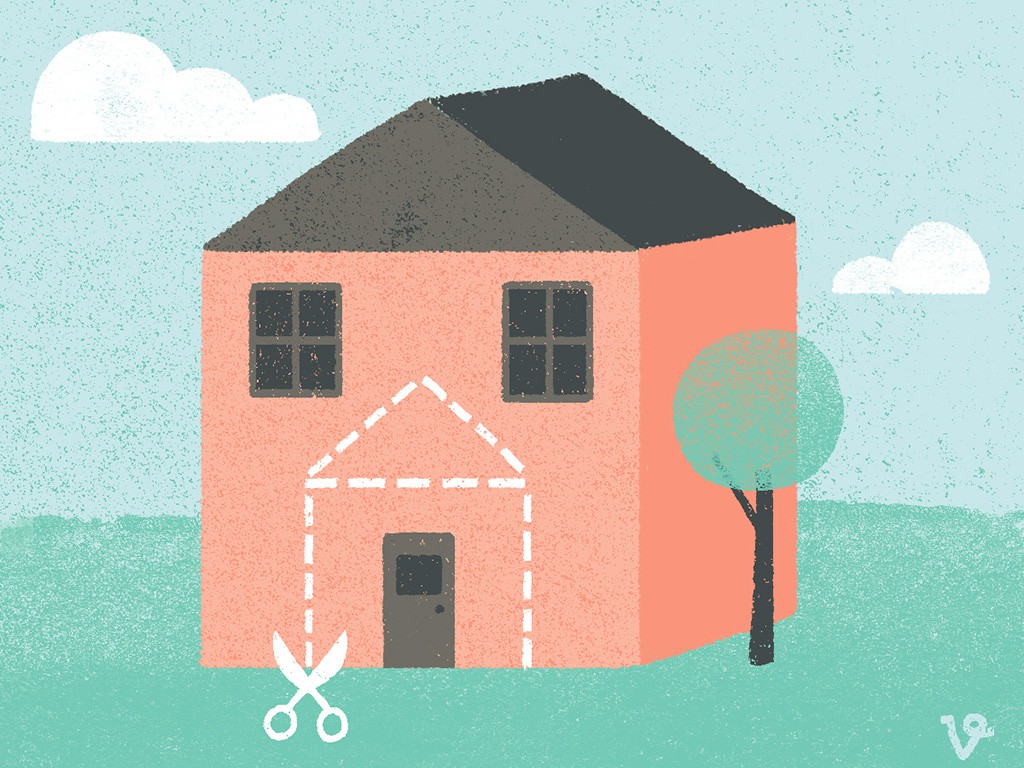Selling an expensive house to buy a cheaper condo in the city used to be a no-brainer, but with housing prices soaring in many areas, it’s getting harder to make the math work.
For the last 20 years, Mary and Randy Marlo raised their family in a beautiful ranch-style bungalow that was perched on a hill in the East Toronto neighbourhood of West Rouge.
In the summer months, they’d spend family time playing in the large backyard or watching sunsets from the big wraparound deck. But with two grown kids and a ton of equity in the home, the Marlos knew it was time to downsize.
So, last spring they decluttered, put out a For Sale sign and two weeks later they were searching for a downtown condo. “It felt so very strange,” says Mary, “a mixture of emotions that ranged from happy and proud, to anxious and sad.”
The Marlos, though, ran into one problem they didn’t anticipate when they bought their house so many years ago: The condo they wanted was so expensive, it wouldn’t give them the retirement boost they had figured it would.
And they’re not the only ones who have received a rude real estate awakening. According to housing market analyst Ben Rabidoux, the demographic housing shift is just starting to happen in Canada, where homeowners 60 or older are selling their family homes to move to smaller, more manageable places.
The problem that most downsizers don’t anticipate is the high price of urban condos. Sure, selling a mortgage-free home for $750,000 sounds great, but then turning around only to spend $500,000 or more on a condo means you’re not left with much for the nest egg once fees and commissions are paid.
This doesn’t mean you shouldn’t downsize, but to do it right, you need to be clear about the reasons why you want a smaller abode.
Consider your lifestyle
The first question you need to ask yourself is what kind of place fits your lifestyle. It may be exciting to move into an attractive condo in a hot area, but don’t forget about your family. For instance, will adult kids be coming to stay during the holidays? Do you like throwing big family dinners? Are grandchildren sleeping over? While there are always solutions to smaller-space living, such as pull-out couches or condo guest suites, be sure you know how your new place will accommodate your current lifestyle.
Smaller may seem like it should be cheaper, but in reality you may not be saving much on your monthly bills, especially if condo fees are involved.
Are you prepared to pay monthly fees?
Smaller may seem like it should be cheaper, but in reality you may not be saving much on your monthly bills, especially if condo fees are involved, says Stephanie Butler, owner at Serenity Organizing Solutions in Barrie, Ontario. Remember, prime real estate usually comes with a higher price tag, and then there are the extra monthly costs, such as maintenance and parking fees. When doing the math, just make sure you take all costs into consideration, she says.
Why are you downsizing?
Finally, consider the primary reason as to why you’d like to downsize. For someone who wants to beef up their nest egg, perhaps finding a more cost-effective home in a smaller market is ideal. For empty-nesters who like to travel, it may be appealing to find a turnkey place, where maintenance is not an issue. Whatever the decision, the goal should be to fit your housing needs into your lifestyle requirements.
In the end, the Marlos did buy the pricier downtown condo. They knew they’d have a bigger retirement fund if they bought elsewhere, but, says Randy, “The decision wasn’t simply about money, it was also about lifestyle. We didn’t want to spend our time taking care of a large yard and a big home. We wanted more of a turnkey, urban lifestyle.”

